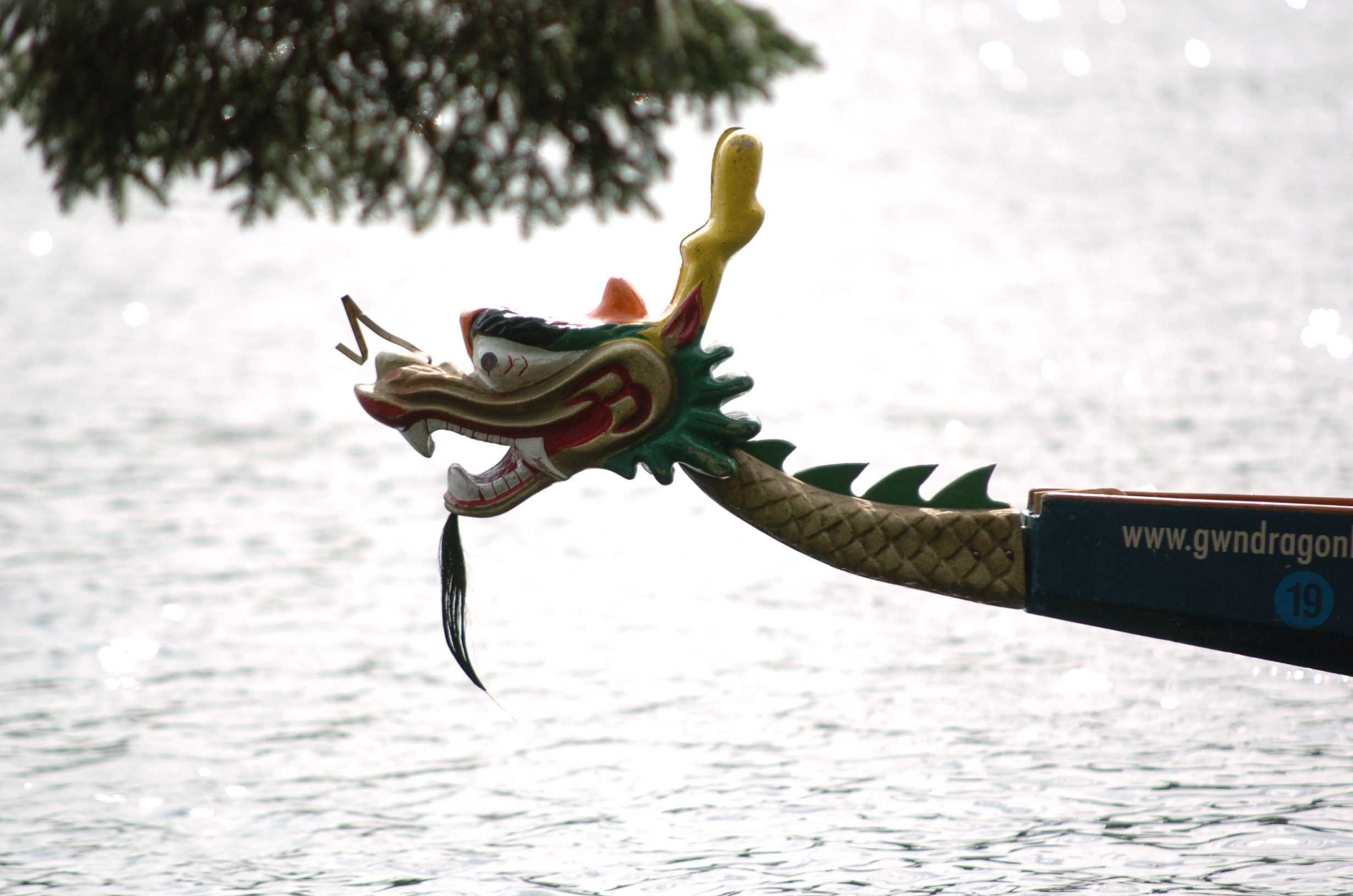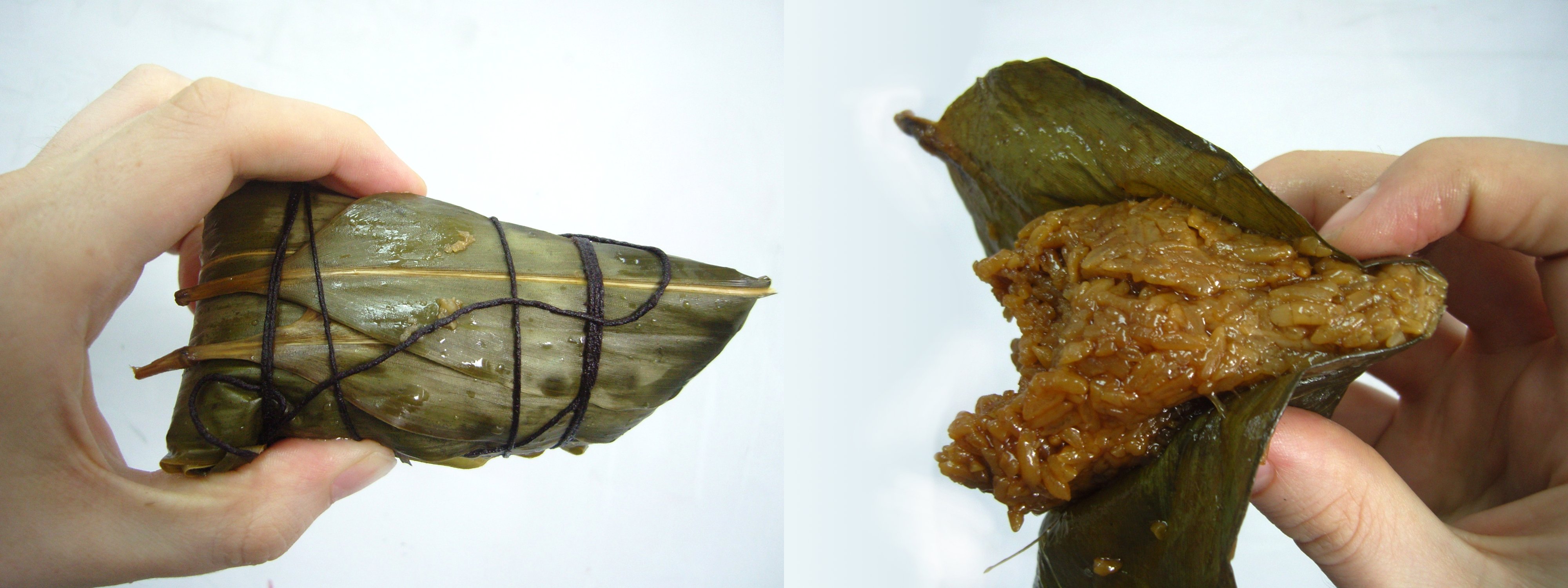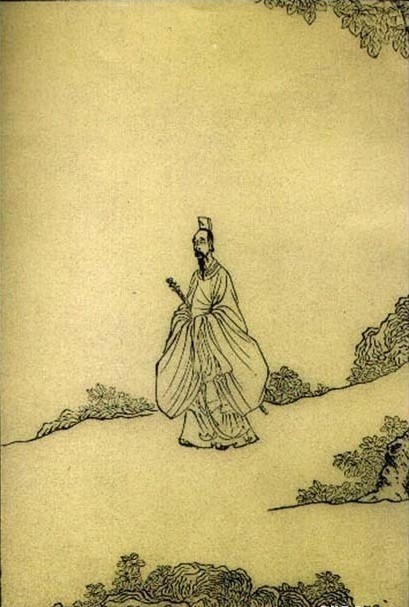
The Dragon Boat Festival, also known as the Tuen Ng or Duanwu Festival, is a holiday that represents a cultural cornerstone for China. How the festival plays out can differ slightly based on geography, but each celebration is as important and valid as the last. Though the festivities can vary, there are some constants: Zongzi, gluttonous rice wrapped in bamboo or leaves, is a staple treat for the holidays. Realgar wine is another food necessity. In the past, due to its makeup, it was useful as an insecticide and made its way to be considered a repellent for all sorts of disease and evil spirits. Currently the verdict is still out on this one.
Perhaps the most prominent celebration and event is the racing of boats in the shape of Dragons, speeding along with rowers exerting all of their strength.
Half the fun of the Dragon Boat Festival is that, depending on where you are, it’s celebrated in different ways. For instance, Zongzi in Northern China will be sweet, using sugar and tasting almost like candy; in Southern China the Zongzi will be savory, containing pork or other salty fillings within the bamboo rice wrap. The origin story will also change with the location.


The most widely held tale goes that long ago, around 300 BC, a master poet known as Qu Yuan was banished by his king for opposing the King’s choices in a state of war and his alliance therein. While in exile, poetry became Qu Yuan’s life. Later on, his advice unheeded, his land was overtaken because of the King’s mistake. In his anguish, Qu Yuan jumped in the Miluo River to commit suicide.
The locals then sped out in their boats to save him. Although unsuccessful, they dropped sticky rice along the way in the river to keep the fish from eating Qu Yuan’s body—thus the dragon boats and Zongzi were born.
Other stories include a man named Wu Zixu, whose life reflects Qu Yuan’s. His advice unheeded, he too was forced to commit suicide. Zhejiang, a province in Far East China, celebrates the devotion of a young girl to her father: Cao Xu, a Shaman, fell into the Shun River. His daughter, Cao E, searched the river for several days. Later on, they were both found drowned, and a shrine was eventually built in their honor.
Today, the Dragon Boat Festival is a way for China to perpetuate and strengthen its cultural identity. All are welcome to come partake and enjoy the festivities, and you truly should if given the option. Each year it is held on a different date depending on the Chinese Lunar Calendar. Dallas, Texas, CAI’s home location, has its own Dragon Boat Festival every year. Take a look at your local area and see if you can find a place to celebrate, eat some Zongzi, watch a dragon boat race, and enjoy Chinese culture!


